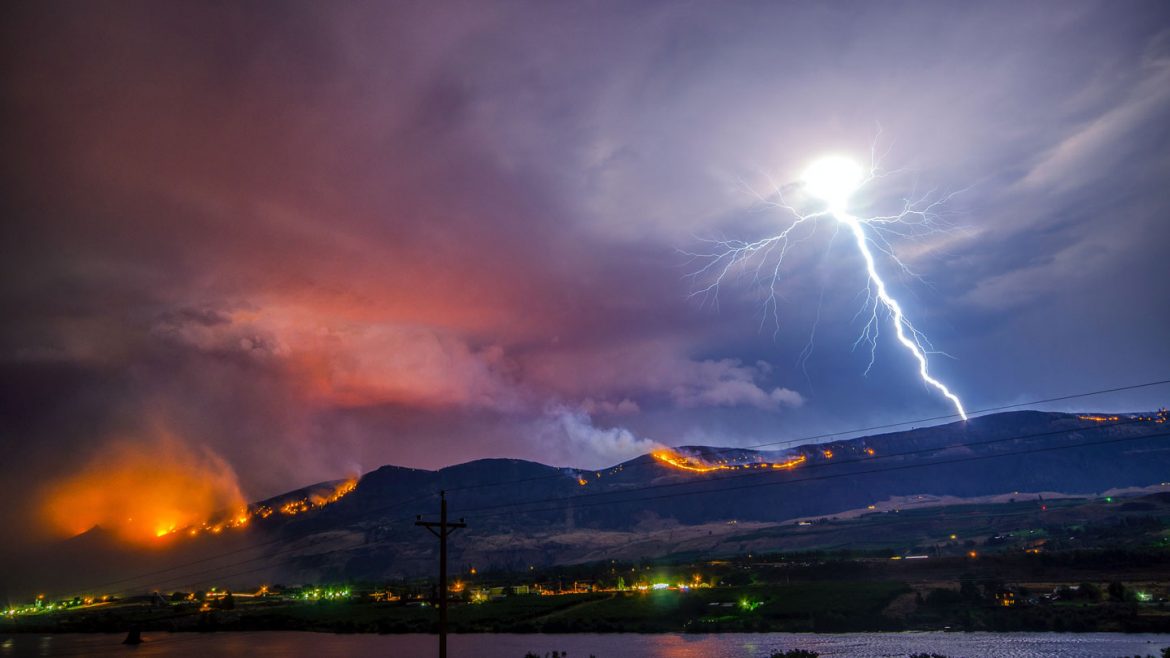New study has shown that a warming planet could lead to more “hot lightning” strikes that is much more likely to spark wildfires in many parts of the world.
The study which was done by researchers that included those from The Institute of Astrophysics of Andalusia in Spain, showed lightning-ignited wildfires produce large emissions of carbon, nitrogen oxides and other gases, all of which played a key role in the climate crisis.
Although previous studies have already found that global heating will exacerbate the global occurrence of lightning flashes, especially over land and in the oceanic region of southeastern Asia, this new study published recently in the journal Nature Communications, assessed the types of lightning strikes that lead to wildfires and how they could increase with global heating.
Read also: AEC applauds release of S&P Global Commodity Insights’ Africa energy review, outlook 2022–2023
Wildfires are more likely to start due to Long-Continuing-Current (LCC) lightning flashes that last much longer than average to nearly a third of a second. These lightning strikes that flash with continuing current are sometimes referred to as “hot lightning” because of the heat they generate, according to the US National Oceanic and Atmospheric Administration.
In the latest analysis, researchers found a 41 per cent global increase in LCC lightning strikes and the frequency of such lightning flashes could increase from about three strikes per second to four per second across the world.
However, the researchers pointed out all types of lightning strikes may increase by about 30 per cent by the end of the century.
“Increases are largest in South America, the western coast of North America, Central America, Australia, Southern and Eastern Asia, and Europe,” they wrote in the study.
They explained that only regional variations were found in the northern polar forests, where they said fire risk can affect soil carbon release and contribute to more global warming.
Researchers have called for future studies to identify the weather behind lightning-ignited wildfires in some regions of the world and to assess conditions where such wildfires are frequent, but there are not enough fire reports while the new findings also call for the need to include LCC lightnings in future climate modeling.
“These results show that lightning schemes including LCC lightning are needed to project the occurrence of lightning-ignited wildfires under climate change,” scientists added.
Story was adapted from the Independent.
